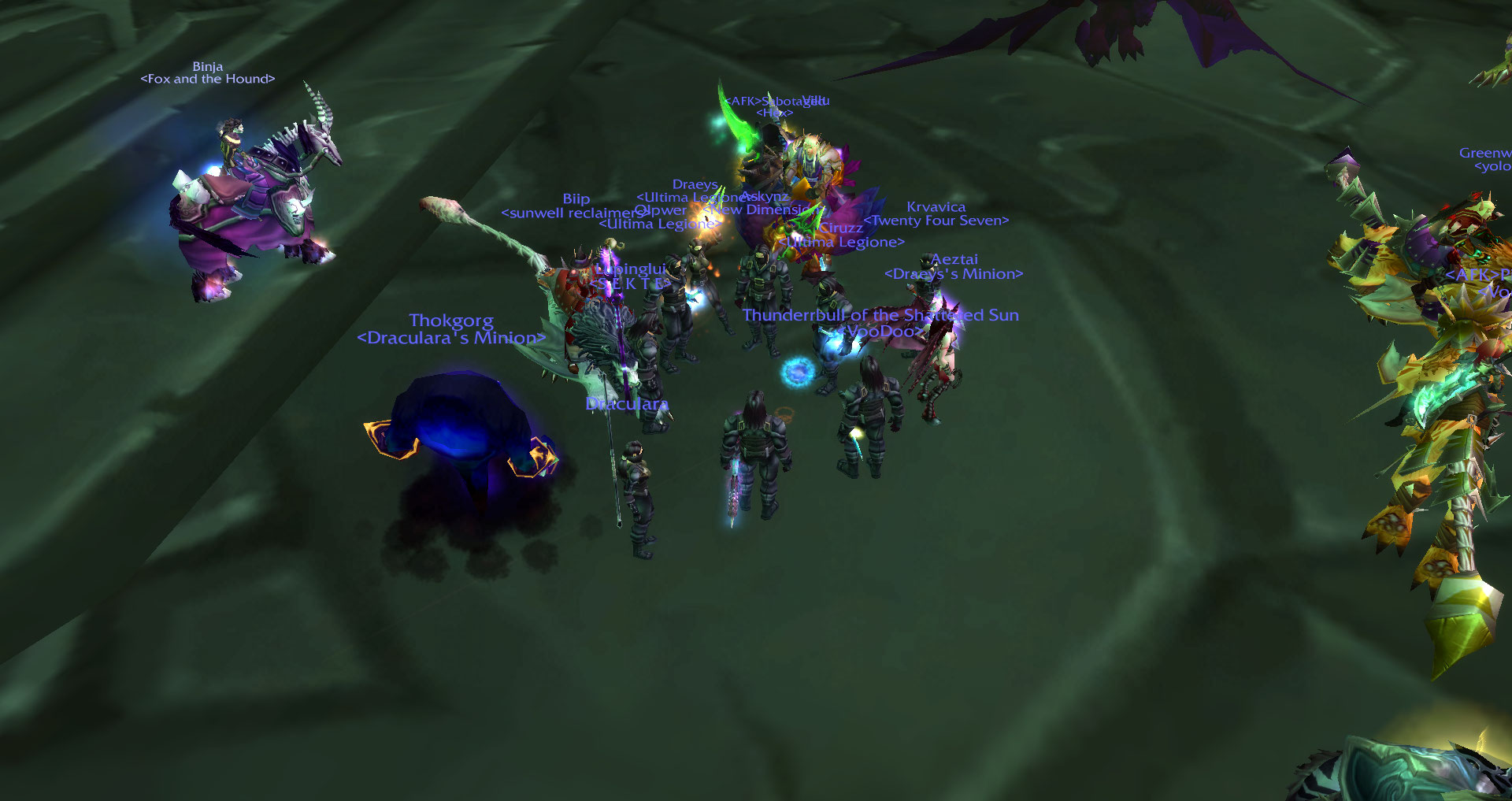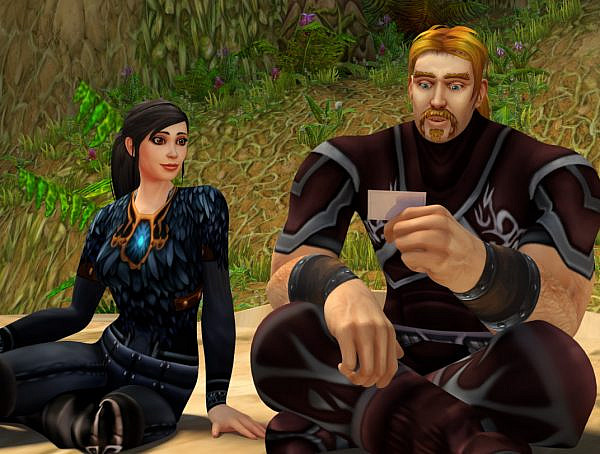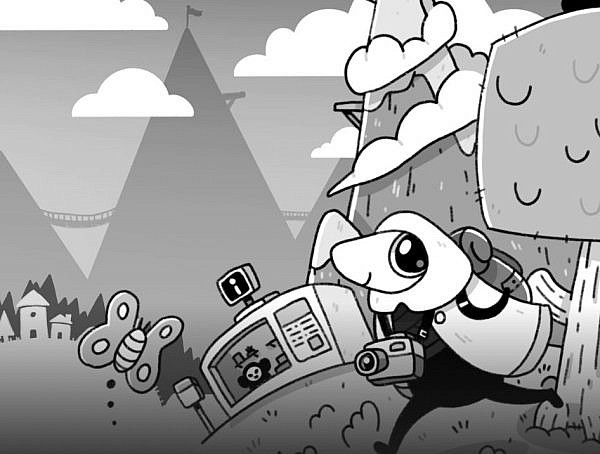Older adults play MMORPG’s as well!
Playing video games has often been credited to being a thing mostly young people do, but in recent years the consensus has clearly started to shift. The article “Older Adults’ Social Interactions in Massively Multiplayer Online Role-Playing Games (MMORPGs)” by Fan Zhang and David Kaufman looks into the social world of older adults in the game World of Warcraft, investigating the reasons and motivations for social play among older gamers. A lot of research has been focused on the social aspects and playing habits of younger players, ignoring the older demographic which spends a large amount of time in-game as well. The study focuses on the social motivations of older adults in the game World of Warcraft (WoW).
An online survey was developed and published on eight WoW player forums. Older adults were defined as being 55 years of age and above. A total of 354 older players answered the survey, and 176 out of those gave demographic data such as marital status, education, work situation, gender, and living situation. A questionnaire consisting of four sections was used. The first section focused on playing patterns (amount of gameplay and highest level reached), the second asked about the respondents’ social interactions in WoW, the third section focused on challenges older adults face when playing (personal life problems and physical problems), and the fourth section asked for demographic information.
The results found that approximately 60% of the respondents were male, and the majority of all respondents were aged between 55 and 59 years. 61% were married, nearly 40% of participants had completed 4-year degrees, 20% had completed a master’s degree, and almost 8% had achieved doctoral degrees. 40% of all the participants played WoW an average of 7 days per week, with a significant drop to 12% who played 6 days a week. The most popular game time length was 2-3 hours per day. Taken together, 65% of participants played WoW on at least 5 days a week and 92% spent an average of 3 or 4 hours per day playing. Sociality played a major role in the survey. There were no large drops in the percentages of preferred communication methods. Group chat and private chat were reported as being the most popular for communicating, with voice chat not far behind.
Older adults seemed to have made in-game friends in WoW as well, with almost 30% of respondents reporting that they play with game friends all the time. Discussion topics among game friends were usually light and connected to the game, although some did share more personal matters with their in-game friends (females were more likely to do this), and could also become real-life friends. 88% of participants indicated that they were either actively playing in a guild, or playing on a guilded character at the time they responded to the survey.
Compared to younger players, older WoW-players are more likely to be female, but both male and female participants reported, on average, the same numbers concerning hours spent in-game in a week. The study also found that older adults played for a variety of reasons: social motivation, achievement motivation, and immersion motivation were all popular among them. The study, focusing more on the social findings from the survey, found out that guilds are among the most important platforms for social interactions within World of Warcraft, and the time of guild play was significantly related to social motivation. World of Warcraft has a way to function as a third place for older adults – a place that provides a type of “physicality” in virtual form in which to meet and socialize with friends.
Key Information:
Original Article: Older Adults’ Social Interactions in Massively Multiplayer Online Role-Playing Games (MMORPGs)
Authors: Fan Zhang and David Kaufman
Published: Games and Culture 2016, Vol. 11 (1-2)
Original Article Accessible From: http://journals.sagepub.com/doi/abs/10.1177/1555412015601757?journalCode=gaca
You might also like
More from Game Research Highlights
How do you want to do this? – A look into the therapeutic uses of role-playing games
Can playing RPGs contribute positively to your wellbeing? A recent study aims to find out how RPGs are being used …
Eldritch horrors and tentacles – Defining what “Lovecraftian” is in games
H.P. Lovecrafts legacy lives today in the shared world of Cthulhu Mythos and its iconic monsters. Prema Arasu defines the …
Are Souls Games the Contemporary Myths?
Dom Ford’s Approaching FromSoftware’s Souls Games as Myth reveals the Souls series as a modern mythology where gods fall, desires …

















